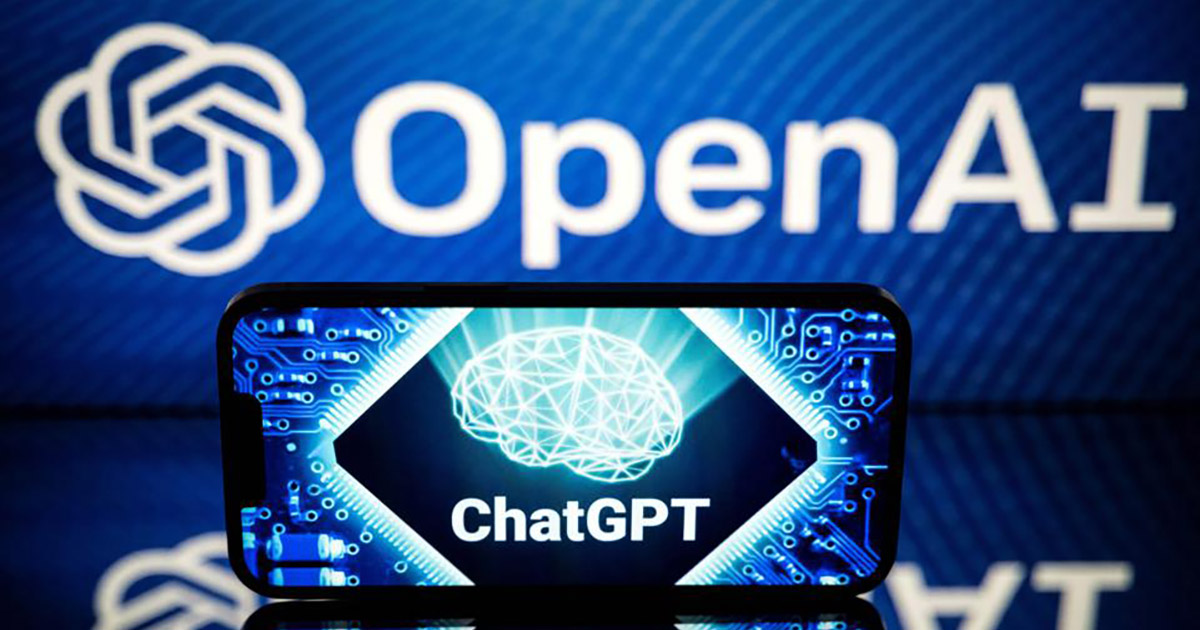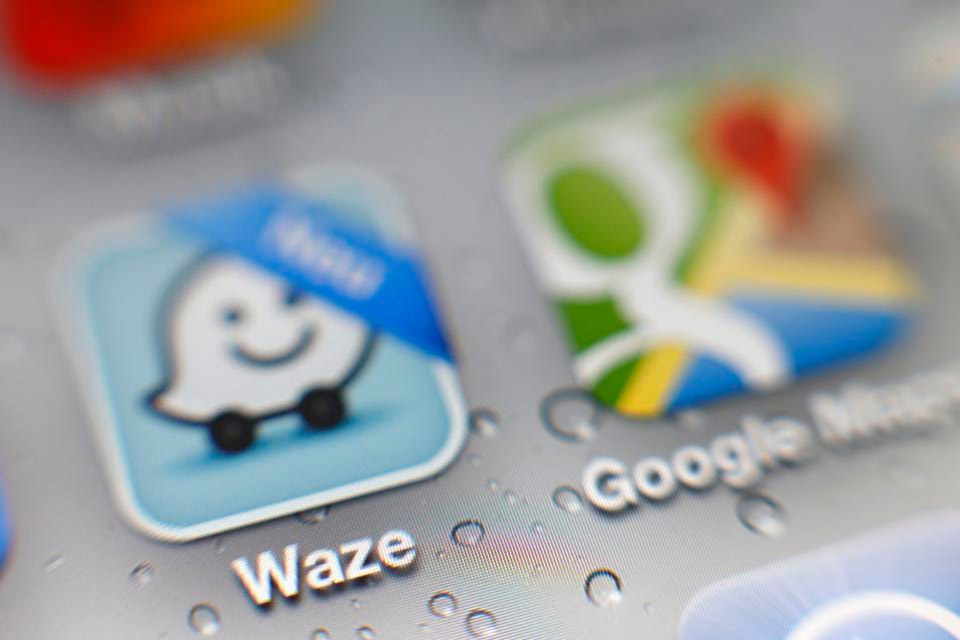
When I was little, my uncle nicknamed me “Smarty Smarty.” I never knew exactly how to take that moniker. Was it meant with affection? As teasing? Was he impressed or making fun of me?
“Smarty Smarty” probably had all of that rolled into one. He took pleasure in 25-cent words spilling from a pint-sized person. It amused him when I debated topics of the day at “the adult table.” He also thought I demanded too much attention and would benefit from taking myself and my “Big Ideas” less seriously.
“Smarty Smarty” believed she knew everything. You could ask her anything and she’d pop the right answer right out of her mouth. Frankly, she didn’t see a lot of competition.
“Smarty Smarty” never saw ChatGPT coming. She didn’t know that her quick-wit and precise memory would someday pale in comparison to a smarter brain that wasn’t even human. She didn’t know that decades into the future people everywhere would embrace a non-human intelligence as the smartest one of all.
If that little girl with the big brown eyes and even bigger curious mind knew then what she knows now, she might have asked a child’s question: Why is everyone paying so much attention to the “intelligence” so little to the “artificial”?
AI Was Already Here. But ChatGPT Is Next Level.

We already use AI in our daily lives, such as checking our Waze app for directions or Google Maps to find our location. CORBIS VIA GETTY IMAGES
More than offering conveniences, AI is saving lives. It’s predicting breast cancer more accurately than experts, helping police to detect child abuse images, and improving climate disaster alert systems.
That said, ChatGPT and the bots chasing its tail promise to upend society in remarkable new ways. The sophistication of ChatGPT surprised even those who considered themselves on the cutting edge of AI. This is a game-changing genie bursting out of its AI bottle, and we’ve barely begun to see how people — well-meaning and not — will deploy it.
Since there’s no going back, we need something to hold onto that assures us we’ll be okay. Policies to ensure safe application are needed, of course. But we need something far deeper than regulations to avoid the potential dystopia these bots make possible.
Thankfully, we have it. It’s our humanity.
Balance Artificial Intelligence with Human Wisdom

Friends laugh and smile as they relax together. Via Getty Images. GETTY
That gives us space to explore other terrain: the mysterious, the wondrous, the inexplicable.
AI can solve a lot of problems, but it can’t help us grapple with life’s Big Questions, such as why we’re here or what gives our lives meaning. It won’t help us to connect to something bigger than ourselves or guide us to repair the world.
Data scientists have created machines that outpace our thinking. Okay. In response, we need to double-down on practicing the skills of loving. We need to contemplate how to better understand one another and how to empathize even when we disagree. We need to invest in our social bonds, build our friendships, and rebuild the sense of community enjoyed by generations past.
Call it relational intelligence. Social intelligence. Emotional intelligence. Spiritual Intelligence. It’s a cornerstone of the human experience, and we don’t share it with bots. No matter how smart they appear, they lack the depth of our innate human wisdom. This is not a small distinction.
These apps can “chat” like us when their complex “neural networks” produce words for them to “say.” But don’t get confused. Bots won’t mourn with us when we lose people we love. They won’t celebrate milestones with us or accompany us through rites of passage. They can’t reveal to us our wildest dreams or help us to find our spiritual home.
These are uniquely human endeavors that require an inner longing for truth and depth and beauty and grace that machines don’t seek.
No, we didn’t see this wildcard coming, but it opens a door for us we also didn’t anticipate. Now is a time we can engage deeply, together, on quests to discover what makes us feel alive, aware, present and connected as human beings. We can investigate questions that don’t have a programmable answer, such as: What are the most glorious ways in which we can shape our world if we leave rational solutions to the apps and follow our intuition? What does the future need from us? What is the highest possible expression of human greatness?
We Need to Remember Who We Are
Bots can analyze enormous amounts of data more quickly than we ever will. Okay. Let’s yield that trophy to them while we focus on meeting one another’s human needs, answering our calls of the heart, filling the yearnings of the soul. What is most essential in us, most eternal and most important, is not the answers our rational, logical, factual left brain can spit out.
Deep down, even “Smarty Smarty” knew that the best parts of her didn’t come from her brainy party tricks. She knew that the right answers can only take you so far. She understood that, despite the chiding, every time she heard her uncle call her by this pet name that generations of love and family and tradition and belonging came with it.
There’s nothing artificial about that.